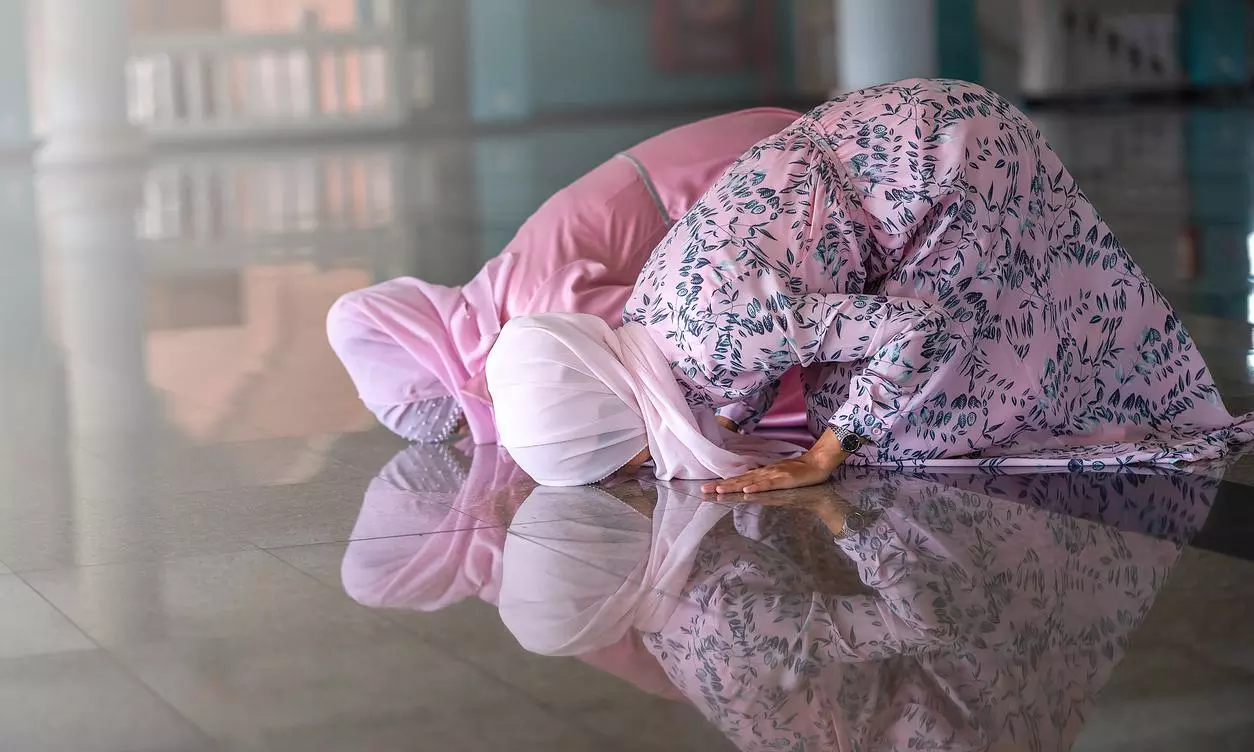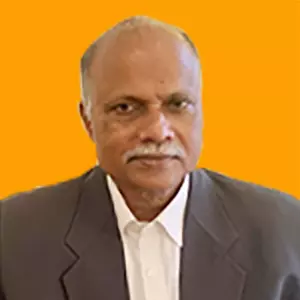
- Home
- India
- World
- Premium
- THE FEDERAL SPECIAL
- Analysis
- States
- Perspective
- Videos
- Sports
- Education
- Entertainment
- Elections
- Features
- Health
- Business
- Series
- In memoriam: Sheikh Mujibur Rahman
- Bishnoi's Men
- NEET TANGLE
- Economy Series
- Earth Day
- Kashmir’s Frozen Turbulence
- India@75
- The legend of Ramjanmabhoomi
- Liberalisation@30
- How to tame a dragon
- Celebrating biodiversity
- Farm Matters
- 50 days of solitude
- Bringing Migrants Home
- Budget 2020
- Jharkhand Votes
- The Federal Investigates
- The Federal Impact
- Vanishing Sand
- Gandhi @ 150
- Andhra Today
- Field report
- Operation Gulmarg
- Pandemic @1 Mn in India
- The Federal Year-End
- The Zero Year
- Science
- Brand studio
- Newsletter
- Elections 2024
- Events
- Home
- IndiaIndia
- World
- Analysis
- StatesStates
- PerspectivePerspective
- VideosVideos
- Sports
- Education
- Entertainment
- ElectionsElections
- Features
- Health
- BusinessBusiness
- Premium
- Loading...
Premium - Events

Kerala’s Muslim radicals are raising divisive demands and, amid opportunist silence on the part of the Communist and Congress parties, strengthening BJP in the state
The demand raised by some students, and later backed by politically affiliated student organisations, to allocate space inside a college run by a convent in Kerala, is politically pernicious, meant to cause communal polarisation, and should be disallowed and disavowed openly by all political parties.
Before we examine the principles of religious freedom and the propriety of worship in public or quasi-public spaces that this demand would raise, let us understand the political implications of the demand.
The demand has been raised by a group of Muslim students, and the college in question is run by a convent belonging to a particular Christian denomination.
The college authorities have responded to the demand by asking students who are keen to offer namaz during college time to walk over to the nearby mosque for the purpose. The college has further said that if any religious activity were to take place in the college, it would be Christian.
Kerala's vibrant Muslim community
This controversy did not come up on its own, like a weed after the first rain.
Kerala has had a vibrant Muslim community for more than 14 centuries. It has been reasonably well integrated into Malayali society socially, economically and politically.
The admiral of the Zamorin, as the Hindu king of Calicut was called, who fought against the Portuguese, was a Muslim. Major Malayalam writers have been Muslim. After Independence, Kerala’s Muslims have actively participated in the state’s political life and have had access to political power via the Muslim League.
The League’s aim in Kerala has been to gain political access to protect the community’s rights without engendering conflict with either the majority Hindus or the state’s other minority, the Christians.
Muslims benefitted
In parallel, Kerala’s consistent advance in education and healthcare has benefitted Muslims, as well as others. Apart from other schools and colleges, Muslim students have access to the institutions run by the Muslim Education Society, which, incidentally, has banned attire that covers the face for its female students.
Unlike in North India, Muslim students study at regular schools that follow the state government syllabus or that of the Central Board of Secondary Education (CBSE), and go to a Madrasa only for learning the Quran.
In all these years, Muslim students have been studying at government and private schools and colleges, without feeling the need to seek a special place for prayer in these educational institutions.
Silence of major political parties
Of late, radical elements have cropped up among the Muslims, who seek to erode the League’s standing and popularity by portraying it as not being Islamic enough. It is their gambit to create conflict and seek to profit from it.
The growth of Islamic radical elements and the expedient silence on the part of the state’s major political parties, the Communists and the Congress, have given the BJP a major opportunity to present itself as the only political force prepared to confront radicalism, even as the state’s mainstream political parties pander to it.
In Kerala, the BJP has been cultivating the Church to recruit Christians as allies in its effort to weaken the Communists and the Congress. These efforts elicited a statement of conditional support from a bishop, who said Christians would support the BJP if the price of rubber stayed buoyant – rich Christian farmers have a big stake in this cash crop.
Suresh Gopi's move
The BJP’s lone Lok Sabha member from Kerala got elected from Thrissur, a constituency with a dominant Christian presence. Suresh Gopi, the BJP candidate who emerged victorious, had offered a gilded crown to 'Our Lady of Lourdes', venerated at a major Cathedral of Trissur.
The rising tide of anti-Muslim immigrant sentiment in several countries of Europe rubs off on migrants from Kerala, many of them Christian, particularly in the healthcare sector. This feeds into the social dynamics back home in Kerala, too.
It is in this background that Kerala’s Muslim radicals are raising divisive demands and, on the back of opportunist silence on the part of the state’s Communist and Congress parties, strengthening the BJP in the state.
Indulgence, not fulfilment of any right
Politics apart, what is the propriety of demanding space for religious ritual in a college?
A shared space becomes a public space only when certain conditions of ownership, access and service provision are met. A Christian college is not publicly owned, and a college offers selective access, to students eligible to avail themselves of the education service provided there, not to the public at large.
There is no inherent right for Muslim students to demand a reserved place for their prayer in a Christian-owned college.
What if it were a government college? Would its public ownership suffice to justify the demand for a dedicated prayer space for a particular community?
Purpose of a college
The purpose of a college is to provide higher education. The consideration of equal treatment of all religions would demand separate prayer spaces for all the major faiths, and conduct of prayer as often as demanded by the dictates of the separate faiths.
This would hinder and interfere with the basic purpose of this public space, of providing education. So, in this case also, the demand to accommodate prayer, an element of an individual’s private life, into the college curriculum would be unjustified.
Similar considerations would apply to other public spaces like hospitals, libraries, bus stands and railway stations, and to privately owned quasi-public spaces such as restaurants, shopping malls and cinemas. True, airports often have prayer rooms, though not dedicated to a particular faith. But it represents indulgence, not fulfilment of any right.
Right to equal access
What about prayer in a public place not dedicated to any specific service provision, say in a park? Here it is vital to accept and honour the right to equal access that all people have.
If a small number of people choose to pray, without inconveniencing the non-prayerful who also wish to be present at that public space, there cannot be any objection, in principle. However, it would be wrong for any group to monopolise a public space for prayer, leaving no space for those who either do not wish to pray or wish to pray to some other god in that same public space.
It has become the custom in India to violate this principle when it comes to festivals, religious processions and pilgrimage – or even large weddings. That custom depends, in order for it not to create conflict and potential schism, on mutual tolerance and respect, not wilful imposition of one group’s rights over others’.
The seemingly pious demand by a group of students in Kerala represents an attempt to polarise society, radicalise the Muslim community and politically strengthen parties that draw energy from polarisation. All champions of democracy must oppose such moves.
(The Federal seeks to present views and opinions from all sides of the spectrum. The information, ideas or opinions in the articles are of the author and do not necessarily reflect the views of The Federal.)


